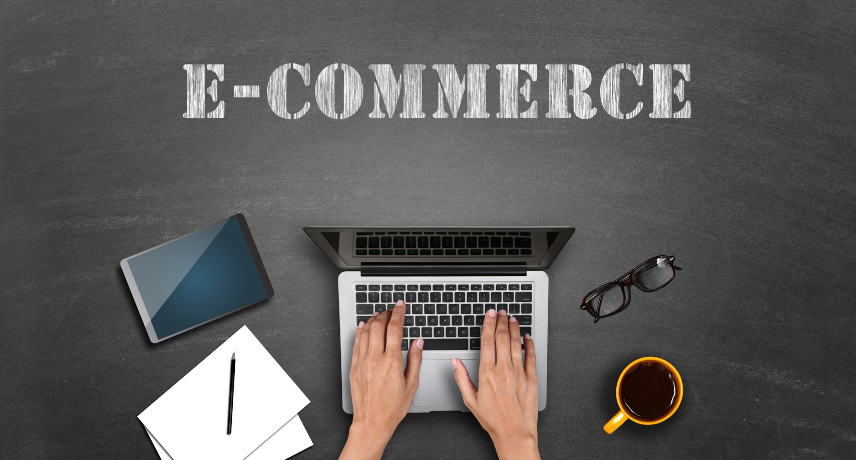Enquiry Form
What is ERP for E-commerce?
ERP for E-commerce is an Enterprise Resource Planning (ERP) software designed to integrate and automate key business operations for online stores. It helps e-commerce businesses streamline processes like inventory management, order fulfillment, customer relationship management, accounting, and supply chain operations on a single platform.
Benefits of ERP For Ecommerce
- Streamlined Operations: Automates order processing, inventory tracking, and fulfillment.
- Real-time Inventory Management: Prevents stock shortages and overselling with accurate stock updates.
- Seamless Multi-Channel Integration: Syncs data across Amazon, Shopify, WooCommerce, and other platforms.
- Improved Order Processing: Reduces errors, speeds up fulfillment, and enhances customer experience.
- Enhanced Customer Management: Tracks customer data, purchase history, and automates personalized marketing.
- Automated Accounting & Finance: Manages invoicing, payments, taxes, and integrates with accounting software.
- Better Decision-Making: Provides real-time analytics and insights for sales and marketing optimization.
- Increased Scalability: Supports business growth, new product lines, and global expansion.
- Stronger Security & Compliance: Protects sensitive data and ensures compliance with industry regulations.
- Cost & Time Savings: Reduces manual tasks, minimizes errors, and improves overall efficiency.
For Which Other Industries Are ERP for E-commerce Software Used?

Streamline operations by managing inventory, sales, and customer data through a centralized system.
- Real-time inventory tracking to prevent stockouts or overstocking.
- Order management for smooth order processing and tracking.
- Integration with e-commerce platforms for seamless product updates.
- Customer segmentation and targeted marketing campaigns.
- Detailed sales reports and performance analytics.

Improve efficiency in handling online orders, inventory, and supplier management.
- Ingredient-level inventory tracking to manage perishables.
- Integration with food delivery platforms for real-time updates.
- Supplier management for timely stock replenishment.
- Sales forecasting to predict demand during peak seasons.
- Multi-location management for chains or franchises.

Enhance operational efficiency and provide better customer experiences.
- Advanced product catalog management with detailed specifications.
- Warranty and service tracking for customer support.
- Supplier and vendor management for sourcing components.
- Order fulfillment automation for faster delivery.
- Analytics on sales trends and customer preferences.

Simplify inventory management and logistics while improving customer satisfaction.
- Real-time tracking of large and bulky inventory.
- AR integration for virtual product visualization.
- Shipping and delivery coordination for oversized items.
- Returns and refund management for seamless customer service.
- Warehouse management for optimizing storage and distribution.

Support online ordering, subscription services, and customer engagement.
- Subscription management for recurring product deliveries.
- Batch and lot tracking for compliance with health regulations.
- Personalized product recommendations based on purchase history.
- Integration with CRM for managing customer interactions.
- Sales performance tracking across products and locations.
How to Choose the Best ERP for E-commerce?

- Identify Needs: Ensure features like inventory, order management, and multichannel support.
- Check Integrations: Must connect with e-commerce platforms, payment gateways, and third-party apps.
- Ensure Scalability: Supports business growth, multiple locations, and product expansion.
- Verify Inventory & Order Management: Real-time stock updates, low-stock alerts, and automated order processing.
- Assess Finance & Accounting: Includes invoicing, tax calculations, and accounting software integration.
- Look for Automation & AI: Workflow automation, AI-driven insights, and marketing tools.
How ERP for E-commerce Streamlines Business Operations
Discover how ERP for E-commerce optimizes your online business by integrating inventory, order management, accounting, and customer service in one centralized system.
Latest News
Stay updated with latest industry information






